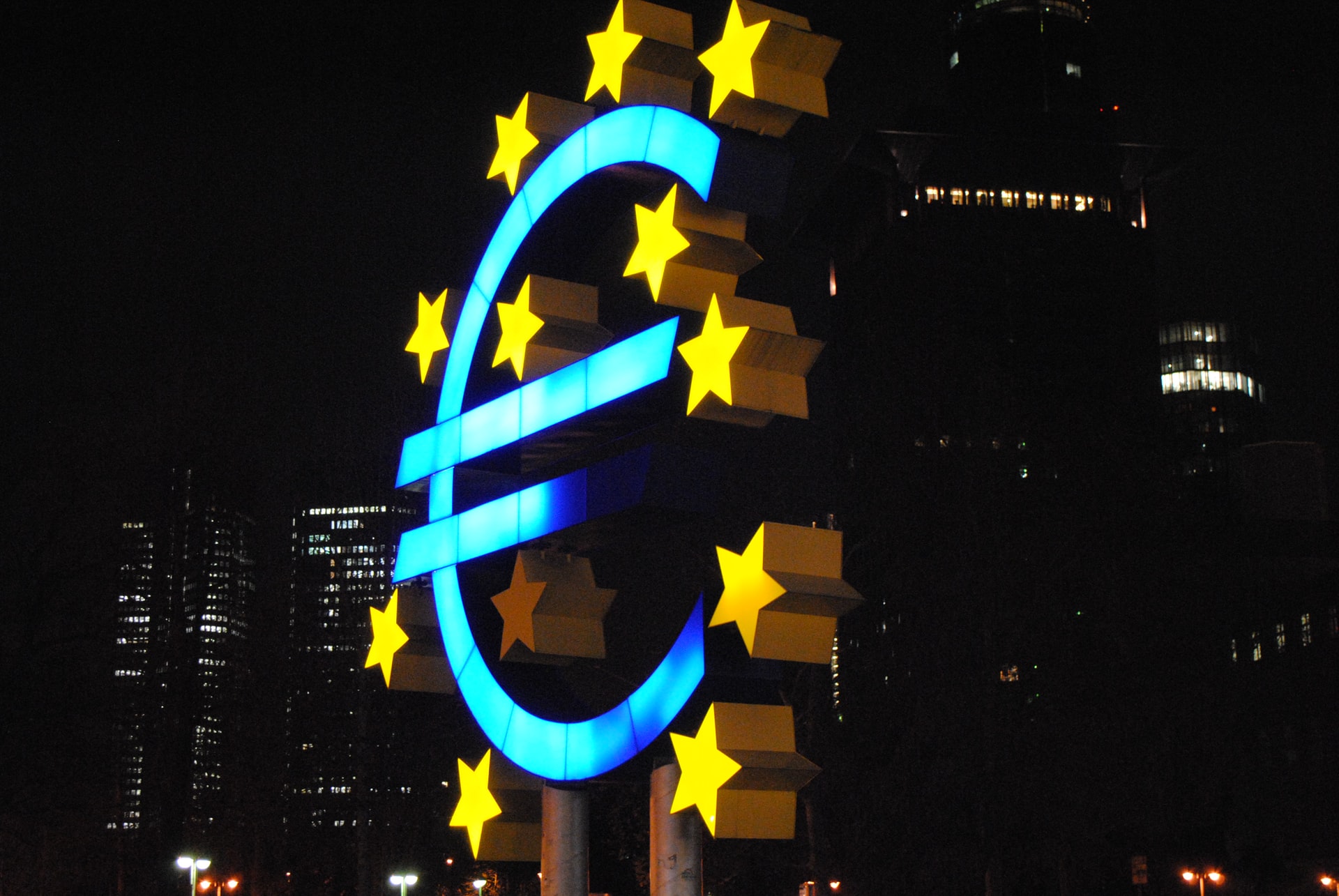All the effects of the Russian war in Ukraine on the European economy

How the conflict between Russia and Ukraine could threaten the European economy. The comment by Robert Lind, Economist of the Capital Group
The escalation of tensions on the border between Russia and Ukraine has fueled fears of an impact on the European economy. The main concern is due to a possible interruption in the supply of Russian gas to Europe. Together with the rise in oil prices, the rise in gas prices represents a negative shock for the major European economies. In my view, there will be more fiscal support as governments try to protect consumers and businesses from rising prices. The European Central Bank (ECB), however, faces a much deeper political dilemma, forced to balance high inflation and downside risks to growth. In the medium term, Europe will remain vulnerable to gas supply disruptions until it can differentiate its energy sources.
Following Russia's invasion of Ukraine, further sanctions could be announced in the coming days or weeks. Their direct impact on major European economies is likely to be limited, as trade and financial ties with Russia have weakened over the past decade following previous waves of sanctions. The main threat to the European economy, on the other hand, is its dependence on imports of Russian natural gas. Among the most exposed, there are certainly the main importing countries, Germany and Italy, as well as some of the smaller economies of Central and Eastern Europe.
Any disruptions in gas supplies to Europe and a rise in energy prices could affect the policy in three ways.
Firstly, I expect European governments to increase their support for households and businesses to protect them from rising energy prices, by strengthening the measures taken in recent months. In the worst-case scenario – severe supply disruptions and much higher prices – governments may have to reduce energy demand and compensate affected companies and sectors.
Second, the ECB's political dilemma would deepen in the short term if another supply-side shock raises inflation and weakens growth. Typically, central banks try to look beyond short-term volatility in energy prices, but the ECB already fears that policy has already been overly accommodative for too long. Given the likely rise in inflation, I expect the ECB to confirm its intention to end asset purchases and raise interest rates, but will likely proceed with caution given the extreme uncertainty surrounding energy prices.
Germany's announcement that it does not want to certify Nord Stream 2, the new gas pipeline between Russia and Germany, does not have a direct impact on the gas supply as it is not operational, but if Russia retaliates by limiting its exports to Germany. 'EU, the disruption in gas supply in Europe could be greater. This would also damage the Russian economy, of course, but the country has built up foreign exchange reserves to protect itself from that eventuality.
There is still a lot of uncertainty about potential gas supply disruptions and price volatility. Natural gas prices have fallen significantly from their peak at the end of 2021, but remain high compared to the average of the last decade. Oil prices have also risen, increasing pressure on energy costs for households and businesses. The major European economies have already recorded a sharp rise in energy prices. Oil prices have a rapid impact on consumer goods prices, but the pass-through of gas prices from wholesale to retail varies from one economy to another, especially given government support to protect customers. The recent increases in gas prices are likely to continue to lead to a rise in consumer prices in the coming months.
Germany's announcement that it does not want to certify Nord Stream 2, the new gas pipeline between Russia and Germany, does not have a direct impact on the gas supply as it is not operational, but if Russia retaliates by limiting its exports to Germany. 'EU, the disruption in gas supply in Europe could be greater. This would also damage the Russian economy, of course, but the country has built up foreign exchange reserves to protect itself from that eventuality.
Low gas inventories raised concerns in early winter, but mild weather eased demand pressures. In light of current stock levels, European economies should be able to cope with even a severe supply disruption in the short term, even if Germany and Italy, the two largest holders of gas reserves, may be forced to redistribute it to the Most vulnerable countries. The EU could also increase its imports of liquefied natural gas. While mild spring weather typically reduces gas demand and prices, supply disruptions could help keep prices high.
This is a machine translation from Italian language of a post published on Start Magazine at the URL https://www.startmag.it/economia/tutti-gli-effetti-della-guerra-russa-in-ucraina-economia-europea/ on Sat, 26 Feb 2022 06:59:44 +0000.
